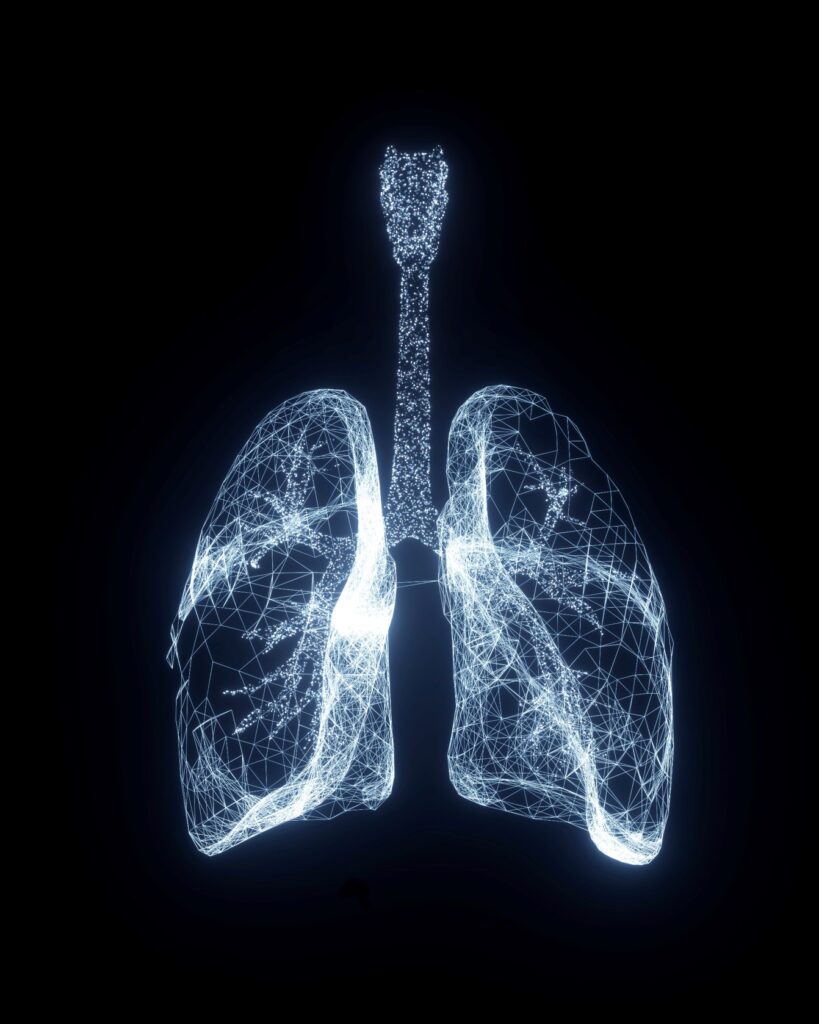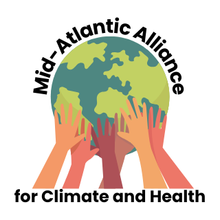
RGGI: A Vital Program for Clean Air and Healthy Communities
The health impacts of power plant emissions are well documented. When fossil fuel plants burn fuel, they release harmful pollutants that form smog. This pollution can drift hundreds of miles through the atmosphere, causing severe health consequences. Research has clearly linked these emissions to numerous health conditions: preterm births, autism, cardiovascular problems (heart attacks and high blood pressure), respiratory diseases (severe asthma and COPD), lung cancer, type 2 diabetes, organ damage (kidney and liver disease), and neurological conditions (stroke and dementia).
RGGI (Regional Greenhouse Gas Initiative) is a collaborative effort among 11 Northeastern states, including Delaware, to reduce power plant pollution. The participating states jointly set limits on carbon dioxide (CO₂) emissions from power plants. These limits decrease annually, ensuring steady pollution reduction.
The process is straightforward: Power plants must obtain allowances to emit CO₂. Each allowance permits the release of one ton of CO₂. Plants can purchase these allowances at auctions or trade them with other facilities.
Auction proceeds are reinvested in community health initiatives. States use these funds to reduce air pollution, improve public health, and create cleaner environments through sustainable energy projects.
Since its launch in 2005, RGGI has achieved remarkable success in reducing power plant emissions throughout participating states, with clear benefits for public health. The program has transformed our communities through improved air quality, leading to significant health benefits. Independent studies have documented concrete improvements including better respiratory health in children, reduced preterm births and low birth weights, and decreased rates of childhood autism. These outcomes demonstrate RGGI’s direct positive impact on community wellbeing, particularly for our most vulnerable populations.
Studies estimate that RGGI’s health benefits alone have saved our healthcare system between $191 and $350 million. The program’s impact extends beyond dollars—it’s creating jobs, lowering energy bills, and protecting the health of our families and communities.
Remarkably, even communities in neighboring states have experienced improved air quality and better health outcomes. Through smart reinvestment of auction proceeds, participating states are building a cleaner, healthier future for all.
By continuing to invest in clean energy through RGGI, we’re not just fighting climate change—we’re building a healthier future for our communities.
Delaware’s potential withdrawal from RGGI would have serious consequences for public health and the economy. Since joining RGGI, Delaware has received over $200 million in auction proceeds, investing them in energy efficiency programs, renewable energy projects, and assistance for low-income families. These investments have reduced air pollution and improved public health outcomes, particularly for vulnerable populations like children and the elderly, while creating jobs and helping residents save on energy bills. Withdrawing from RGGI would mean losing these vital resources and benefits.
Moreover, Delaware’s participation in RGGI has been crucial in the state’s efforts to combat climate change and protect coastal communities from rising sea levels. As a coastal state, Delaware is particularly vulnerable to climate impacts, including flooding and extreme weather events. By remaining in RGGI, Delaware can continue leading by example in reducing greenhouse gas emissions while maintaining its commitment to regional cooperation in addressing climate change. Withdrawing from RGGI would not only undermine these efforts but could also damage Delaware’s reputation as a leader in environmental protection and climate action.
As healthcare professionals, we have a unique responsibility to advocate for programs like RGGI that directly impact public health outcomes. Our clinical experience and understanding of environmental health effects make us powerful voices in protecting the wellbeing of our communities through sustained support of this vital emissions reduction program.
Clean Air for All
Air pollution is a significant issue in the mid-Atlantic region. The main culprits are fine particulate matter (PM2.5), nitrogen oxides, volatile organic compounds (VOCs), and ozone. These pollutants contribute significantly to suffering and premature death from diseases such as cardiovascular disease, stroke, lung cancer, and dementia. To reduce this toxicity, we need to burn less fuel, adopt more sustainable agricultural practices, and implement other changes. These improvements would create a more livable environment for our population, resulting in less disease and a healthier region and planet.
The Mid-Atlantic Alliance for Climate and Health actively promotes this healthier future by advocating for clean energy and more sustainable agricultural practices.


Wind energy promotes public health by offering a clean alternative to fossil fuels, reducing air pollution and greenhouse gas emissions. This leads to improved air quality and helps mitigate climate change, potentially lowering the incidence of respiratory diseases, heart conditions, and climate-related health risks. By supporting cleaner air and a more stable climate, wind energy contributes to creating healthier communities and reducing the overall burden of disease.
For more information on Offshore Wind in Delaware, please see The Sierra Club of Delaware’s Offshore Wind Facts and DNREC’s Offshore Wind Informational Page.
Offshore Wind

Advocating for Electric School Buses

Diesel buses and natural gas engines produce greenhouse gases, contributing to heat-related illnesses, deaths, and extreme weather-related health problems. Diesel buses particularly affect children and drivers due to exhaust emissions inside the cabins, leading to 3–12 times higher levels of particulate pollution and nitrogen oxides compared to outside air. These elevated levels can impair cognitive function in the short term and cause respiratory problems—ranging from frequent coughs to asthma—in the long term. Consequently, children riding diesel school buses may experience poorer school attendance and performance.
Diesel buses also impact communities, especially in dense urban areas, as they circulate multiple times daily, increasing local air pollution levels. Lower-income communities are most affected due to limited access to healthcare and the financial impact of missing work due to illness. On a larger scale, the 180,000 diesel school buses in the U.S. significantly contribute to transportation carbon emissions.
While stop-and-go driving in urban areas leads to poor diesel engine performance and higher tailpipe emissions, electric school buses operate most efficiently in these conditions and produce no tailpipe emissions. Both the National PTA and the American Lung Association advocate for school bus electrification. We agree that electric school buses offer an opportunity to improve health—especially for vulnerable children—reduce carbon emissions, and enhance the school experience for many children.
Promoting Plant-Based Nutrition

The Mid-Atlantic for Climate and Health actively supports the promotion of plant-based nutrition for the health of our communities. We seek to actively educate the community about the triple benefits of plant-based nutrition: reducing our carbon footprint, decreasing deforestation, and improving personal health. Collaborating with organizations like the First Unitarian Church of Wilmington, we’ve hosted community events including film screenings of They’re Trying to Kill Us, plant-based potluck dinners, and public medical group programs. These initiatives focus on achieving better health through plant-based nutrition.
